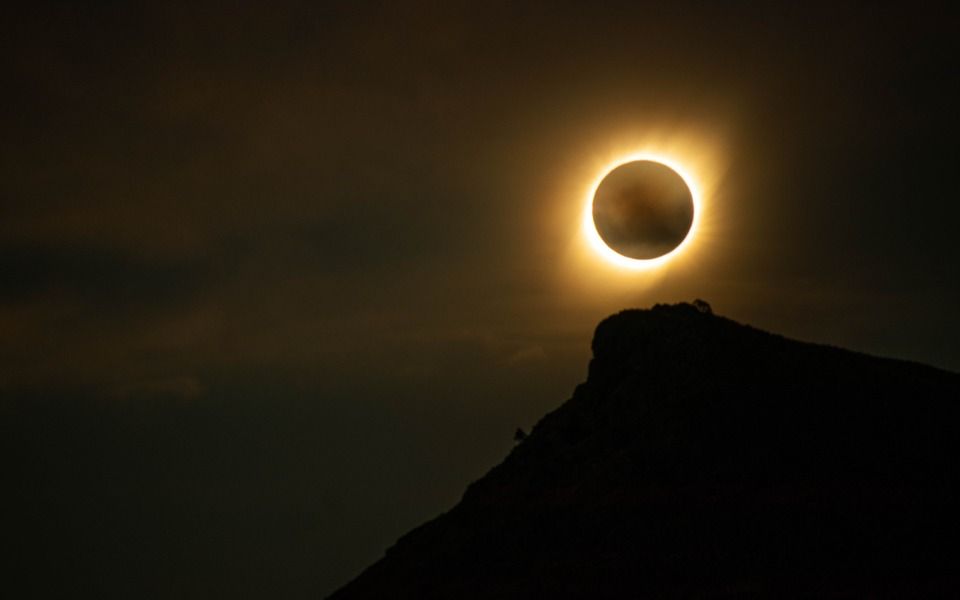
Myths and legends surrounding solar eclipse

Ancient cultures grappled to understand why the Sun vanished from the sky, in an effort they came up with various reasons for what caused a solar eclipse.
Hungry demons

In Vietnam, people believed that a solar eclipse was caused by a giant frog devouring the Sun, while some blamed wolves for eating the Sun.
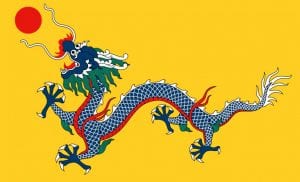
In ancient China, a celestial dragon was thought to lunch on the Sun, causing a solar eclipse.
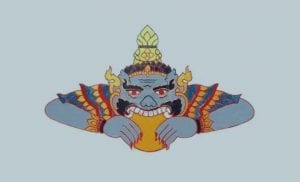
According to Hindu mythology, the deity Rahu is beheaded by the gods for capturing and drinking Amrita, the gods’ nectar. Rahu’s head flies off into the sky and swallows the Sun causing an eclipse.
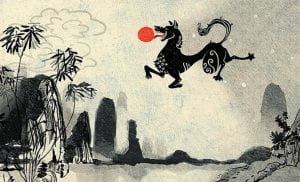
Korean folklore offers another ancient explanation, it suggests that solar eclipses happen because mythical dogs are trying to steal the Sun.
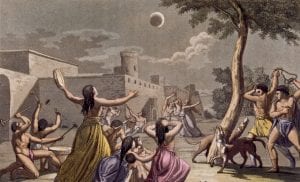
Ancient Greeks believed that a solar eclipse was a sign of angry gods and that it was the beginning of disasters and destruction. How superstition influenced the course of history.
Modern day superstitions
Many around the world still see eclipses as evil omens that bring death, destruction, and disasters. A popular misconception is that solar eclipses can be a danger to pregnant women and their unborn children. In many cultures, young children and pregnant women are asked to stay indoors during a solar eclipse.
In many parts of India, people fast during a solar eclipse due to the belief that any food cooked while an eclipse happens will be poisonous and impure.
Not all superstitions surrounding solar eclipses are about doom. In Italy, for example, it is believed that flowers planted during a solar eclipse are brighter and more colourful than flowers planted any other time of the year.
Also read: India braces for 2019’s last celestial spectacle, an annular solar eclipse


